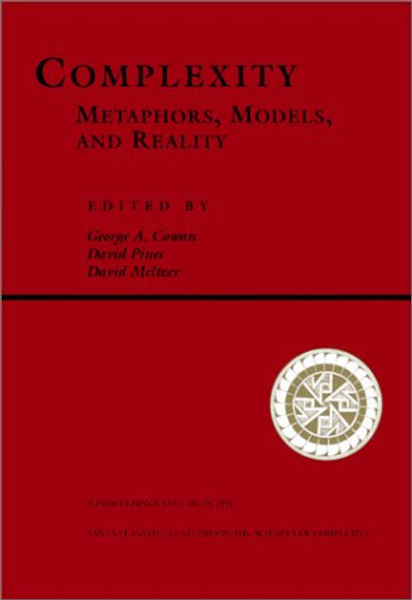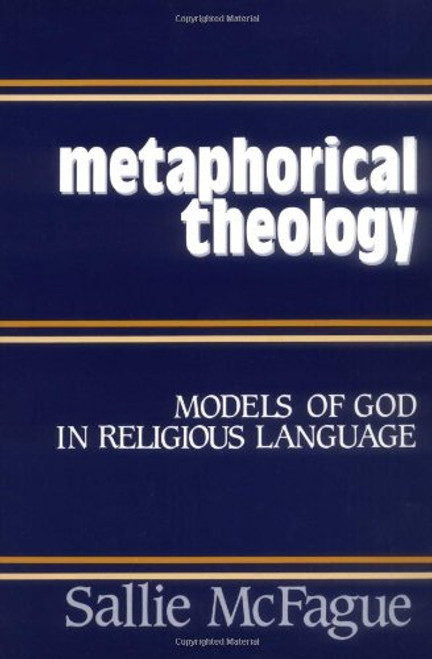Product Overview
The terms complexity, complex adaptive systems, and sciences of complexity are found often in recent scientific literature, reflecting the remarkable growth in collaborative academic research focused on complexity from the origin and dynamics of organisms to the largest social and political organizations. One of the great challenges in this field of research is to discover which features are essential and shared by all of the seemingly disparate systems that are described as complex. Is there sufficient synthesis to suggest the possibility of an overarching science of complexity? This report describes current views on this subject held by various eminent scholars associated with the Santa Fe Institute.The physical sciences have traditionally been concerned with simple systems whose dynamics can be described in mathematical terms with precision and certainty. In contrast, the biological and social sciences are inevitably concerned with self-organized or social complex systems whose detailed behaviors appear to be unpredictable. The two categories differ greatly in size and diversity, prompting the late mathematician Stanislaus Ulam to remark that research on complex systems might be compared to the study of non-elephants. Nevertheless, certain integrative themes have begun to emerge.Rising activity in this field of research runs completely counter to the trend toward increasing fragmentation and specialization in the sciences. It has stimulated a resurgence of interest in a broad synthesis involving mathematics, computational science, physics, chemistry, biology, neuroscience, and the social sciences. The growth of effort in this very extended field has been greatly stimulated by the development of new computational tools that are capable of dealing with vast, interrelated databases. Many of the participants in complexity research feel that it is now time to reintegrate the fragmented interests of much of the academic community. The reader is encouraged to consider whether such views are sparking a historic renaissance of scholarship or represent a passing scientific diversion.






